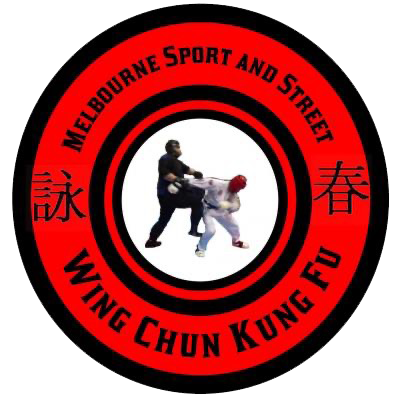Martial Arts How Footwork Training Improves Health and Fitness: The Physical and Mental Benefits
By Maurice Novoa a master under the Yuen Kay Shan, Ip Man and Pan Nam lineages.
Introduction:
1. Physical Benefits of Footwork Training
a. Cardiovascular Fitness: Footwork training involves continuous movement, challenging the cardiovascular system and increasing heart rate. By engaging in footwork drills and techniques, practitioners improve their cardiovascular endurance, which leads to a healthier heart and improved overall fitness.
b. Muscular Strength and Endurance: The dynamic and explosive footwork movements in martial arts engage various muscle groups, including the legs, core, and upper body. As practitioners transition between stances, they develop muscular strength and endurance, leading to a more toned and resilient physique.
c. Balance and Coordination: Footwork training requires precise movements, weight shifting, and changes in direction. Practitioners must maintain balance and coordination throughout these movements, leading to improved overall body control and stability.
d. Flexibility and Range of Motion: Agile footwork techniques in martial arts demand flexibility and a wide range of motion in the hips, knees, and ankles. Regular footwork training improves flexibility and joint mobility, reducing the risk of injuries and enhancing overall functional movement.
e. Calorie Burning and Weight Management: The high-intensity nature of footwork training leads to increased calorie expenditure, making it an effective tool for weight management. By incorporating footwork drills into a regular training routine, individuals can burn calories and support their weight loss or maintenance goals.
2. Mental Benefits of Footwork Training
a. Focus and Concentration: Footwork training requires mental focus and concentration as practitioners coordinate their movements with precision and react to their training partner or opponent. By consistently practicing footwork, individuals develop the ability to concentrate on the task at hand, enhancing their focus and attention in various aspects of life.
b. Stress Relief and Emotional Well-being: Engaging in footwork training and martial arts as a whole provides an outlet for stress release. The physical exertion, combined with the mental focus required, can help reduce anxiety, enhance mood, and promote a sense of well-being. The rhythmic and repetitive nature of footwork drills can be meditative and calming, allowing practitioners to escape daily stressors and find mental clarity.
c. Mind-Body Connection: Footwork training requires individuals to be fully present in the moment, connecting their mind and body through deliberate and controlled movements. This enhances body awareness and cultivates a stronger mind-body connection, which can have profound effects on overall well-being.
d. Self-Discipline and Resilience: Footwork training instills discipline and perseverance as practitioners strive to master complex movements and techniques. The process of overcoming challenges and setbacks in footwork training develops resilience and a growth mindset that can be applied to other areas of life.
e. Confidence and Self-Empowerment: Mastering footwork techniques boosts confidence and self-esteem. As individuals see progress in their footwork skills, they develop a sense of self-empowerment, knowing that they have the ability to overcome physical and mental challenges.
3. Holistic Health and Fitness of Martial Arts
Footwork training in martial arts offers a comprehensive approach to health and fitness, addressing both the physical and mental aspects. It integrates cardiovascular exercise, muscular strength and endurance, balance and coordination, flexibility, focus, stress relief, and self-discipline.
By incorporating footwork training into your fitness routine, you can experience improved cardiovascular fitness, increased muscular strength and endurance, enhanced balance and coordination, greater flexibility and range of motion, heightened mental focus, stress relief, and a stronger mind-body connection. Moreover, the discipline and resilience cultivated through footwork training can positively impact various areas of your life, contributing to personal growth and self-empowerment.
Conclusion
Footwork training in martial arts, such as Wing Chun, provides a multitude of physical and mental benefits that contribute to overall health and fitness. From improving cardiovascular endurance and muscular strength to enhancing focus and stress relief, footwork training offers a holistic approach to well-being.
By engaging in regular footwork training, individuals can reap the rewards of increased physical stamina, improved coordination and balance, heightened mental focus, reduced stress levels, and a greater sense of overall well-being. Whether you are a martial arts enthusiast or simply looking for an effective and enjoyable way to enhance your health and fitness, footwork training in Wing Chun and other martial arts styles can be a valuable addition to your routine.
Unlock the potential of footwork training and embark on a journey that not only improves your physical fitness but also empowers your mind and enhances your overall quality of life.

